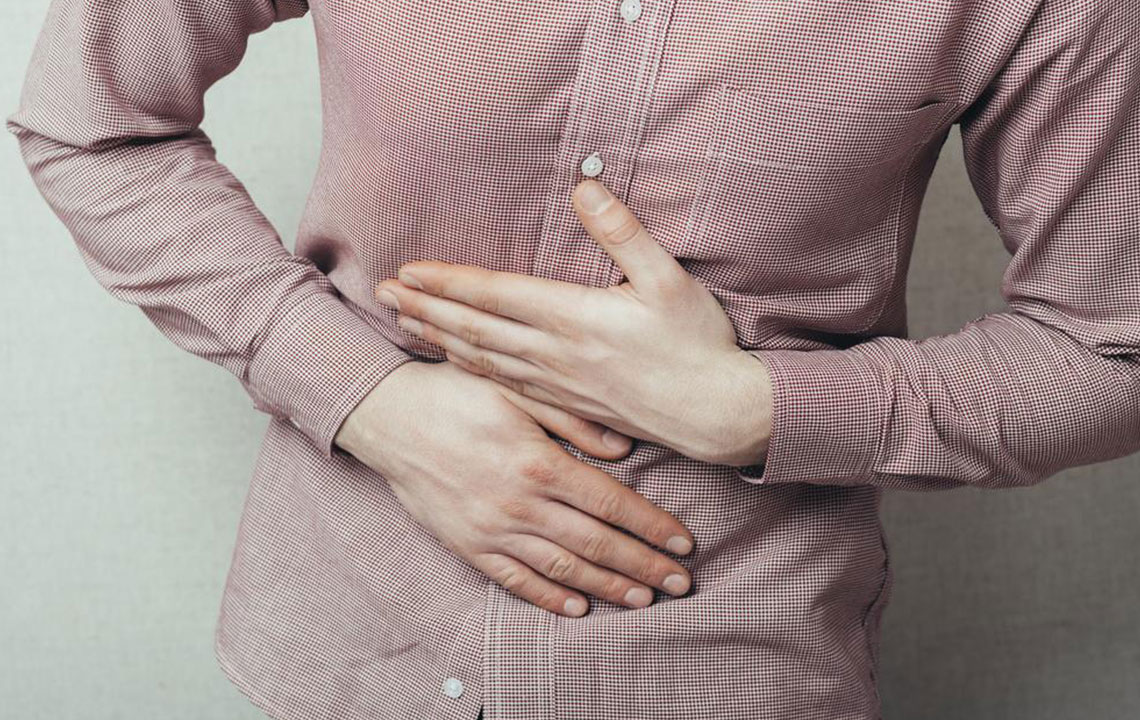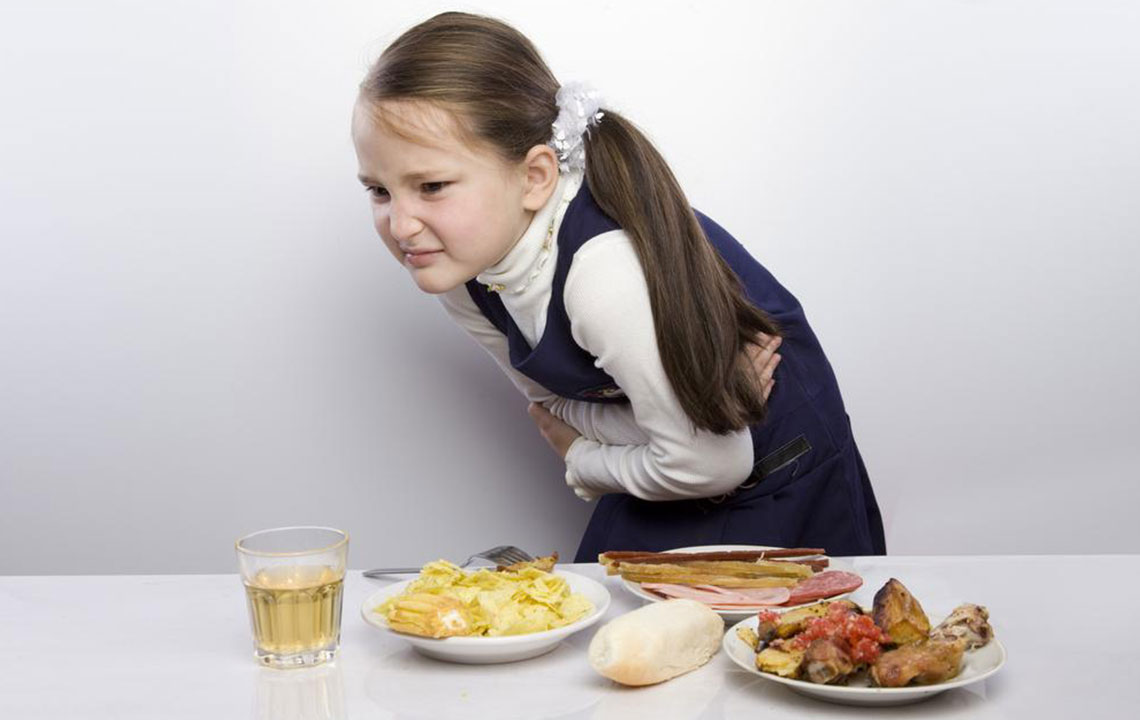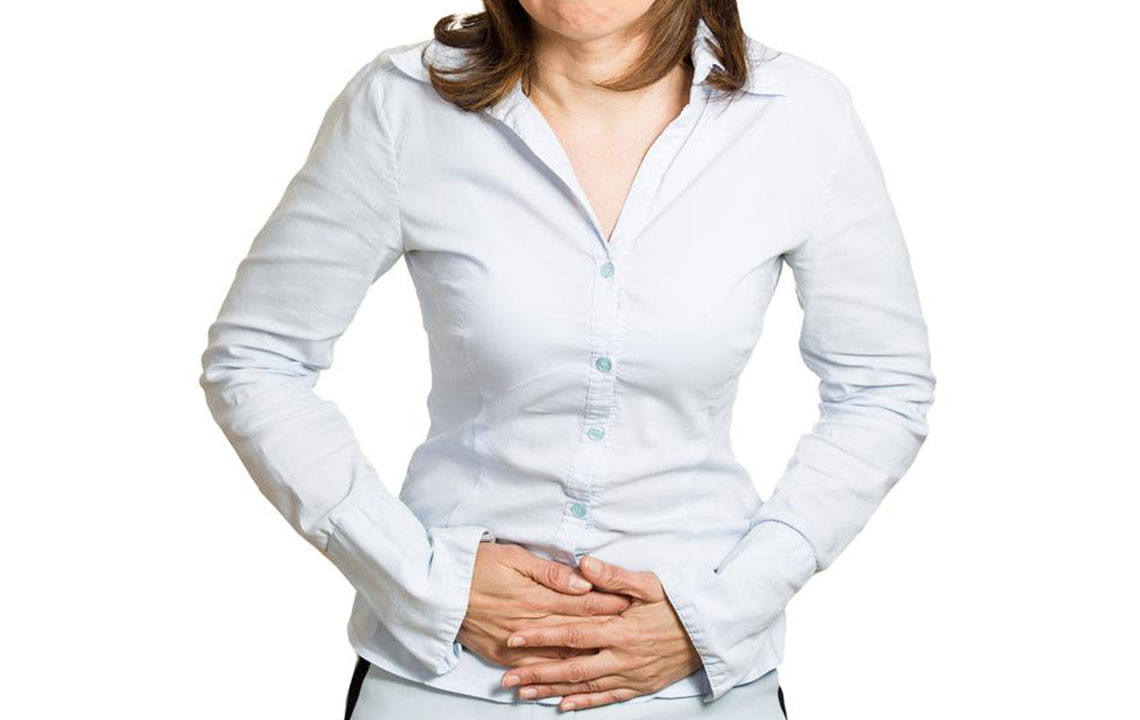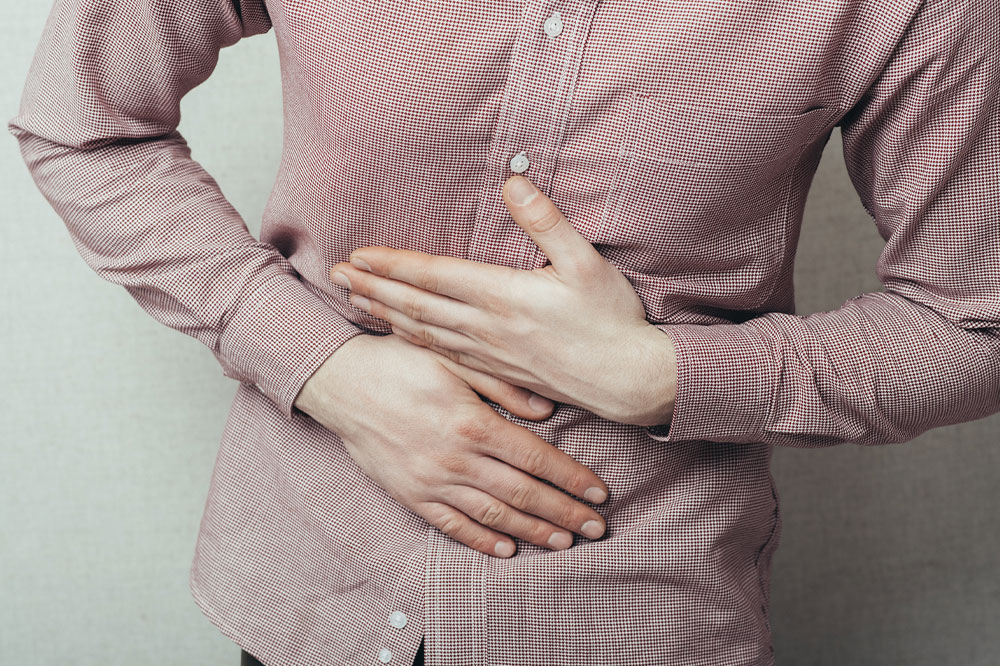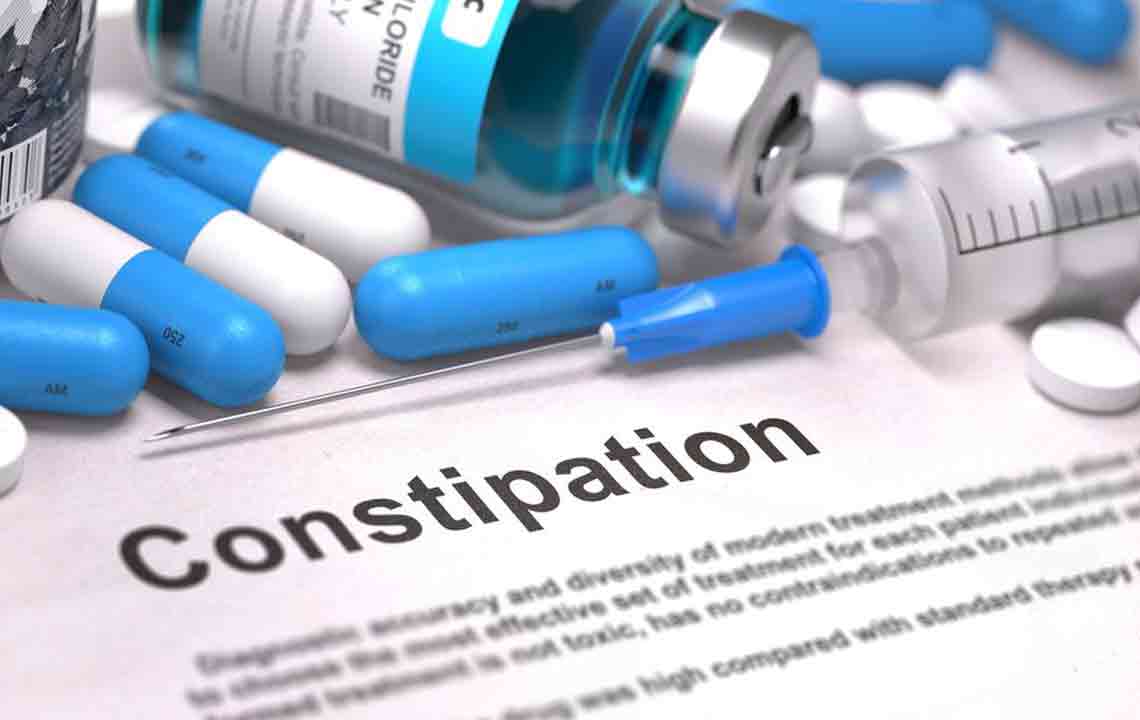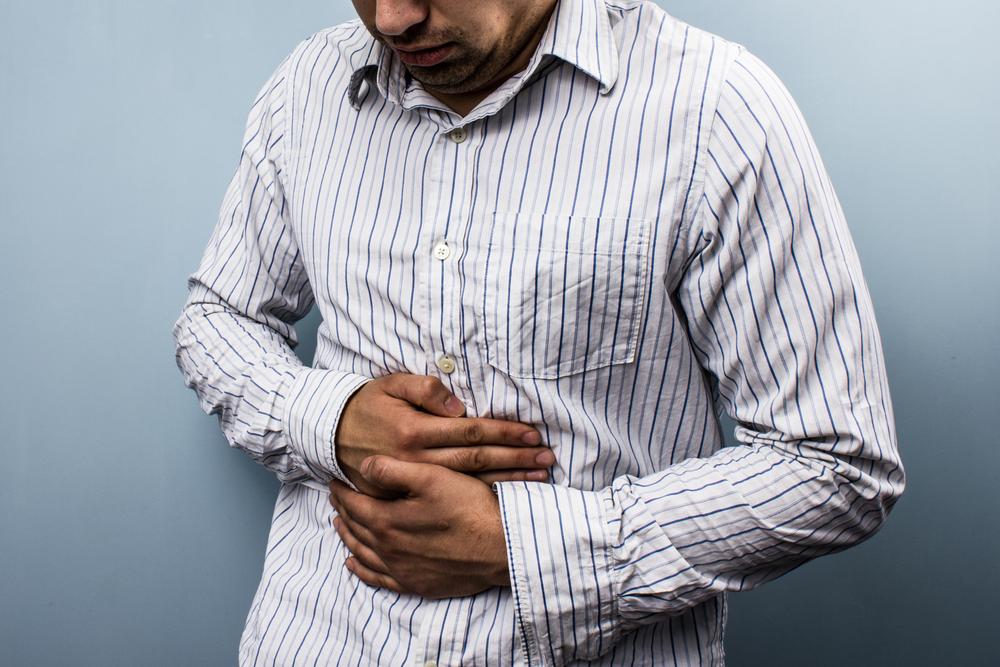Comprehensive Guide to Diverticulitis: Causes, Symptoms, and Effective Dietary Management
This comprehensive guide explores the causes, symptoms, diagnosis, and treatment of diverticulitis, emphasizing the importance of dietary management and lifestyle changes. Learn effective dietary strategies, foods to avoid, and preventive tips to maintain digestive health, especially for older adults. The article provides detailed information on managing flare-ups, supporting long-term bowel health, and preventing complications, making it an essential resource for patients and caregivers seeking to understand and manage diverticulitis effectively.
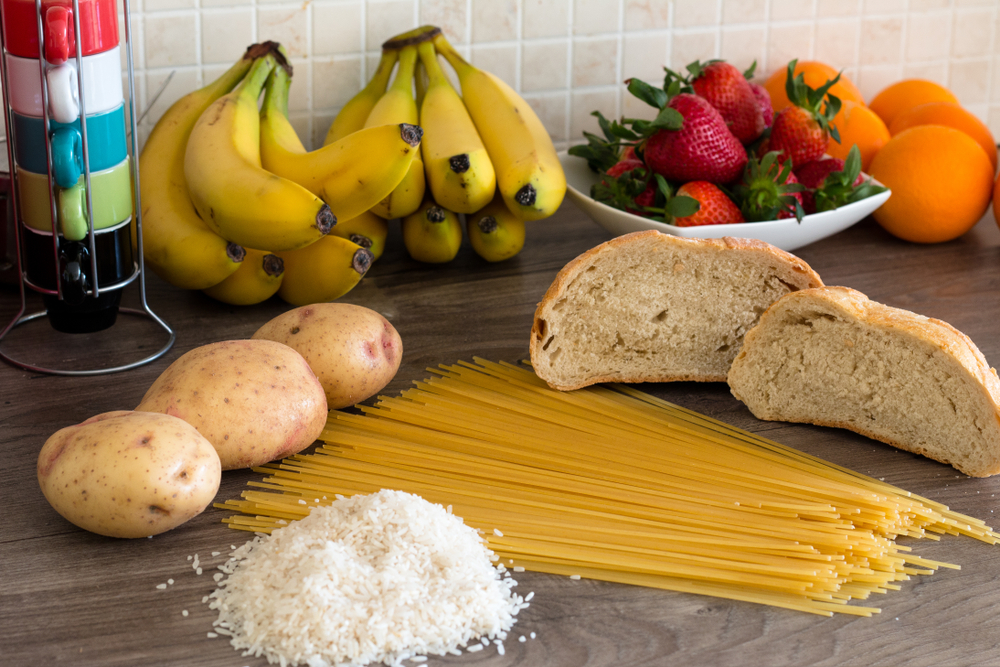
In-depth Understanding of Diverticulitis and Its Dietary Strategies for Effective Management
Understanding Diverticulitis: Causes, Symptoms, and Nutritional Approaches for Relief Diverticulitis is a common gastrointestinal disorder marked by inflammation or infection of small pouches, known as diverticula, that develop in the walls of the digestive tract, primarily in the large intestine. These pouches are formed when weak spots in the intestinal lining bulge outward under pressure, often due to age-related changes or insufficient dietary fiber intake. The condition becomes more prevalent with advancing age, notably affecting individuals over 60, although it can occur at younger ages. It is essential to understand the mechanisms behind diverticulitis, recognize its symptoms early, and adopt appropriate dietary and medical interventions to manage and prevent complications.
Managing diverticulitis effectively involves a combination of temporary dietary restrictions, medical treatment, and lifestyle changes. During acute episodes, it is often recommended to follow a specialized diet that minimizes bowel irritation, allowing inflammation to subside and promoting healing. Here, we explore in detail the causes, typical symptoms, diagnostic methods, treatment options, nutritional guidelines, and preventive strategies for diverticulitis.
What Causes Diverticulitis?
Advancing age is the most significant risk factor, as the colon’s wall becomes weaker with time.
Genetic predisposition can increase susceptibility to diverticula formation.
Chronic consumption of a low-fiber, high-refined carbohydrate diet contributes to increased pressure within the colon, promoting pouch formation.
Chronic constipation owing to poor diet or lifestyle results in prolonged straining during bowel movements, escalating the risk.
Infection or inflammation in existing diverticula can lead to diverticulitis.
Key Symptoms to Watch For
Severe or steady abdominal pain, often localized to the lower left side.
Fever accompanied by chills indicating an inflammatory process.
Bloating, tenderness, and abdominal discomfort.
Nausea, vomiting, and loss of appetite.
Changes in bowel habits, including constipation, diarrhea, or passing thin or pencil-shaped stools.
Rectal bleeding or blood in the stool, signaling possible complications.
Abdominal swelling or distension.
How Is Diverticulitis Diagnosed?
Imaging studies like computed tomography (CT) scans are instrumental in confirming inflamed or infected diverticula.
X-ray imaging can reveal signs of inflammation or complications.
Colonoscopy allows direct visualization of the mucosa, identifying diverticula, signs of inflammation, or complications, but is usually deferred during active flare-ups to prevent perforation.
Treatment Options for Diverticulitis
Surgical intervention may be necessary to remove sections of the colon severely affected or causing recurrent infections.
Antibiotics are prescribed to treat infection and reduce inflammation.
Dietary modifications emphasizing a high-fiber diet once inflammation subsides help maintain bowel health.
For mild cases, rest, hydration, and over-the-counter medications like stool softeners or antispasmodics can provide relief.
In severe cases, procedures such as colostomy might be implemented temporarily or permanently.
Ensuring adequate hydration, typically drinking at least eight glasses of water daily, is crucial for preventing constipation.
Natural laxatives, such as prunes or prune juice, support bowel movements.
A diet consisting of cooked vegetables, soups, and well-cooked fruits during flare-ups minimizes irritation.
Limiting dairy intake may help reduce inflammation during active episodes.
Dietary Guidelines for Managing Diverticulitis
Start with a clear liquid diet, including broths, pulp-free fruit juices, gelatin, and herbal teas, to reduce bowel irritation during acute episodes.
Transition gradually to low-fiber foods like canned or cooked vegetables, refined grains, and well-cooked lean meats to allow the digestive tract to heal.
As symptoms improve, slowly reintroduce high-fiber foods such as whole grains, legumes, fresh fruits, and vegetables to promote regular bowel movements.
Use fiber supplements like psyllium husk under medical supervision to support consistent bowel habits and prevent future flare-ups.
Foods to Avoid During Diverticulitis Flare-ups
Foods that are difficult to digest or may irritate the colon, such as nuts, seeds, popcorn, and corn, are generally advised to be avoided, although scientific evidence remains mixed.
High-fat foods, processed snacks, and foods with artificial additives should also be limited to reduce undue stress on the digestive system.
Preventive Measures and Lifestyle Adjustments
Increase dietary fiber intake gradually by consuming more whole grains, fruits, and vegetables, ensuring the colon remains healthy and less prone to pouches or inflammation.
Maintain proper hydration with adequate water consumption to soften stool and ease bowel movements.
Limit intake of processed, refined foods and sugar-laden snacks that can contribute to constipation and inflammation.
Incorporate natural laxatives like prunes, flaxseeds, or fiber supplements if needed.
Engage in regular physical activity, such as walking or light aerobic exercises, to promote healthy digestion and avoid bowel stagnation.
Potential Complications of Diverticulitis
Abscess formation near infected diverticula, which may require drainage or surgical intervention.
Scar tissue development can lead to bowel narrowing or obstruction requiring further treatment.
Fistula formation, where abnormal connections develop between the colon and other organs such as the bladder or skin.
Severe bleeding episodes, which may entail emergency procedures to control hemorrhage.
